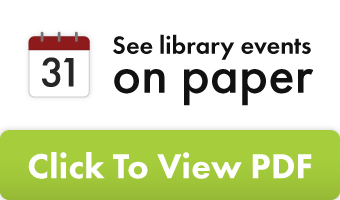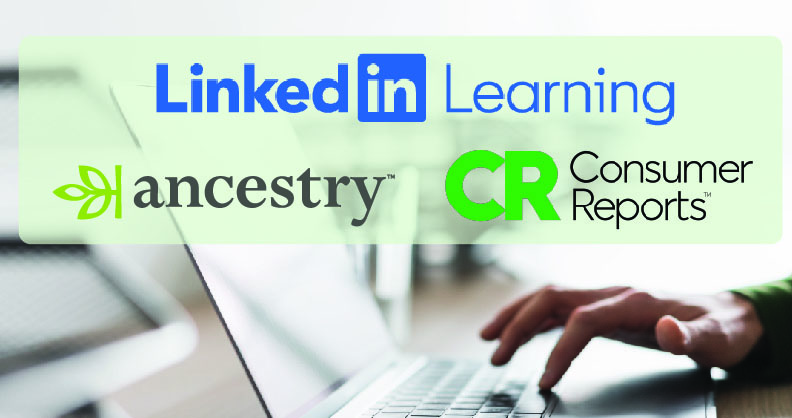The Budget
By Victoria Lafean, Library Assistant 2

The Budget, those are two daunting words no one usually likes to hear. However, in my own life these words have recently reared their ugly head. Individuals usually are unable to plan for drastic life changes. Be that as it may, sometimes we have time to adjust and properly execute the changes needed, and sometimes we do not. Where do we start? Maybe, like me, you haven’t had the proper education or examples of good financial footing. Nonetheless, this change is fast approaching. I know my Budget needs to be modified.
In our Manhattan Public Library catalog, I found four sources to use in my budget journey: “The Money Answer Book” by Dave Ramsey, “You Need a Budget” by Jesse Mecham, “Your Money or Your Life” by Vicki Robin, and finally “Dear Debt, A story about breaking up with debt” by Melanie Lockert.
First thing that caught my eye in “The Money Answer Book,” is Ramsey’s statement, “Personal finance is 80 percent behavior and 20 percent head knowledge.” One behavior you can begin practicing is to be more money smart. Ramsey says to, “Say no to credit cards, make a budget, write it down, and give every dollar a name.” I did what Ramsey said. I wrote out our budget, money in and money out.
Ramsey and Lockert’s “Dear Debt” both speak about snowball budgeting. They state that this plan utilizes “small wins.” Budget the minimum payment for all your bills, then focus on your smallest debt first with your funds that are left over after all your minimums are paid. This will be the fastest payoff. The snowball budget is a great motivational tool to pay off your debts. Ramsey says, “You need some quick wins in order to stay pumped enough to completely get out of debt.” Lockert does state that with this method you will pay more interest over time, which is why she introduces the avalanche budget. This budget’s plan is to pay off the largest debt with the highest interest first. This method helps you save money because you’ll be paying less total interest and more toward the principal.
What kind of debt do you have? Is it student loans, big buys, medical, credit cards? Lockert gives us resources to find our debts, the amounts you owe, and your interest rates. Student loan information can be found at the National Student Loan Data System. If you have credit card, medical, mortgage, or automobile debt, the amount you owe can be found on your account statements. You can also contact the servicer. Figuring out your interest rates on your debts can be helpful in deciding which debt to pay first. Lockert gives this equation to figure out daily interest rate: “interest rate x principal balance / 365.” Lockert states, “Credit card debt should be priority.” Credit cards have an interest average of 15 percent. This definitely gives a lot of potential to incur a lot of interest. Student loans can be eligible for different types of repayment plans, and you can contact the servicer for these possible options. For medical debt, you can contact the provider to discuss payment plans, forgiveness options, or lower interest rates.
In “You Need a Budget,” Mecham says, “budgeting is designing the life you want.” He wants us to truly look at our expenses and see what is flexible. Mecham says, “Budgeting is a superpower for our life goals.” We need to make budgeting a positive part of our life. Robin states in “Your Money or Your Life,” “Ultimately you are the one who determines what money is worth to you. You ‘pay’ for money with your time. You choose how to spend it.”
A good financial footing isn’t only about paying off debt, it is also saving. Ramsey encourages us, “Without saving you aren’t really prepared for the future.” Have some healthy anger or fear involved to make saving important. Mecham encourages us to, “Think long, act now,” when it comes to saving. I looked at my life. I have an elderly dog. I know that dog is going to need future care. Also, automobile tires will not last forever, have a fund set aside for that. If I look at myself, I might incur some medical debt that isn’t covered, so it is helpful to have funds set aside for that also. If it is possible, saving for home emergencies is also a good idea. To me this sounded like a lot to save for, also I didn’t know where the money was going to come from. I was encouraged that all this can happen in time. I will work on one thing at a time, so should you and we will not fret about it all at once. Ramsey states, “The bridge between success and failure is hope.” The Manhattan Library has many resources to help you on your financial journey to better budgeting. They’ve helped me maybe they can help you.
Other financial budget books are available at the Manhattan Public Library such as: “Finance for the People” by Paco de Leon, “Rich AF” by Vivian Tu, “Pathfinders” by J.L. Collins, “Financial Feminist” by Tori Dunlap, and “The Great Money Reset” by Jill Schlesinger.
Manhattan Public Library is a cornerstone of free and equal access to a world of ideas and information for the Manhattan, Kansas, community. Learn more at mhklibrary.org.

